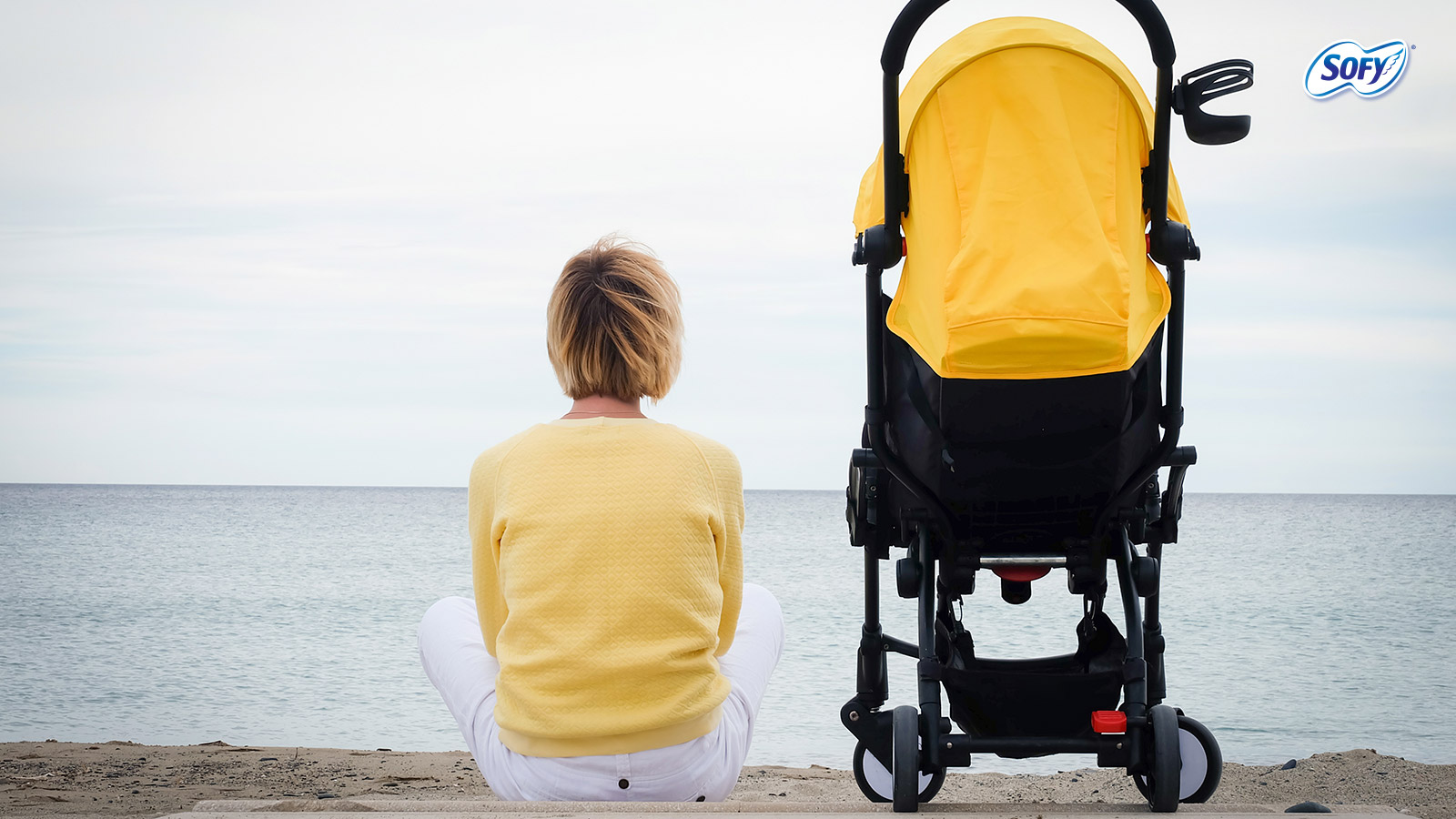Once your angel is born, you will be busy as a beaver, taking care of the baby twenty-four seven. Yes, your life will entirely revolve around your newborn, and since the pregnancy months are period free, you might have completely forgotten about your monthly flow.
Don’t worry, you won’t get a period immediately after your delivery. But you need to get a period kit ready for Postpartum Vaginal Bleeding also.
Postpartum Bleeding
Most women mistake postpartum vaginal bleeding with a period. Remember lochia, though similar to it, is not a period. After delivery, the body will discharge the uterine lining which is made of blood, mucus, and tissue. This discharge from the vagina can last for 4-6 weeks. The first few days will be heavy bleeding. Then it will dwindle down to light coloured liquid discharge for a few weeks. You will experience cramps, and sometimes they can be strong, as the uterus contracts to come back to its original size and shed the lining completely.
So stock up maxi pads for the initial heavy days and regular sanitary napkins for the subsequent weeks. Menstrual cups and tampons are a complete NO for this phase as uterus and vagina are in the healing process, and we don’t want anything in contact with the surface.
So when will you have your first period?
This primarily depends on whether you are breastfeeding or not. If you are not breastfeeding, you can expect your first period any time after the 5th or 6th week from your delivery date. On the other hand, when you are breastfeeding, you will not get your periods until your baby is on your feed.
Exclusive breastfeeding, i.e., giving the baby only your breast milk and no bottle feed delays periods to six months or even more. Definitely makes a good reason to breastfeed. Most women, when breastfeeding, won’t get their periods.
When you breastfeed your baby, your body produces a hormone called prolactin. Prolactin stimulates milk production in mothers after childbirth, and at the same time, it also stops menstruation. Once you start to wean your baby off breast milk, you can expect your periods anytime. Generally from the fifth-month, mothers start giving the newborn, semi-solids and other baby food. Most babies also start sleeping throughout the night by then; therefore the dependence on mother’s milk comes down, and mothers can get their periods now.
What to expect?
After delivery, your body needs time to recover and come back to its usual self and so do your periods. Initially, your periods may be more substantial, may have clots, you may experience intense cramps, and your cycle may be erratic & irregular. But soon the flow will come down to normal, and the period will become regular.
Women who are breastfeeding experience light flow until they are lactating. It is usually only after they discontinue breastfeeding that regular menstrual cycle sets into motion.
Post-delivery, your little baby will demand all your time and energy. The postpartum period is challenging both physically and emotionally as you adjust to the new change in your life. But remember as your body heals after pregnancy, it too will demand your attention. Whether you decide to breastfeed or not and how frequently you breastfeed during the day/night, will determine when you get your first period after pregnancy.
Accordingly, keep a pack of sanitary napkins handy, for you really won’t know when your periods might come knocking on the door. Tampons shouldn’t be used for at least 6 weeks after delivery. For your first period after pregnancy use sanitary pads even if you used tampons before your pregnancy. By your third cycle, you can try going back to tampons if it feels comfortable and right to you.












